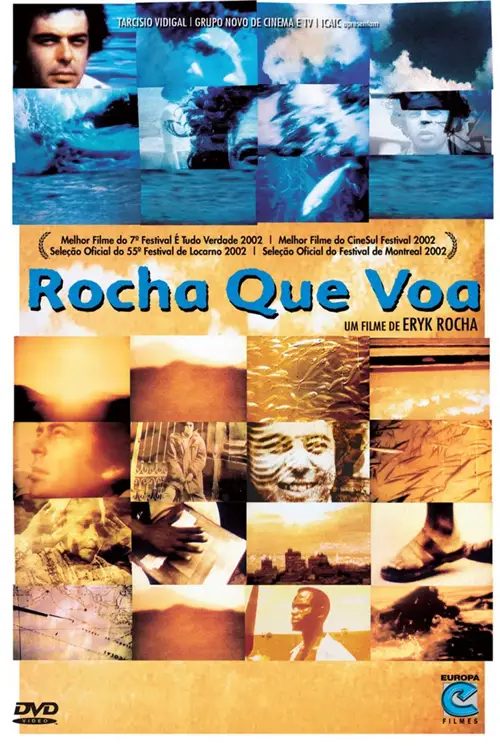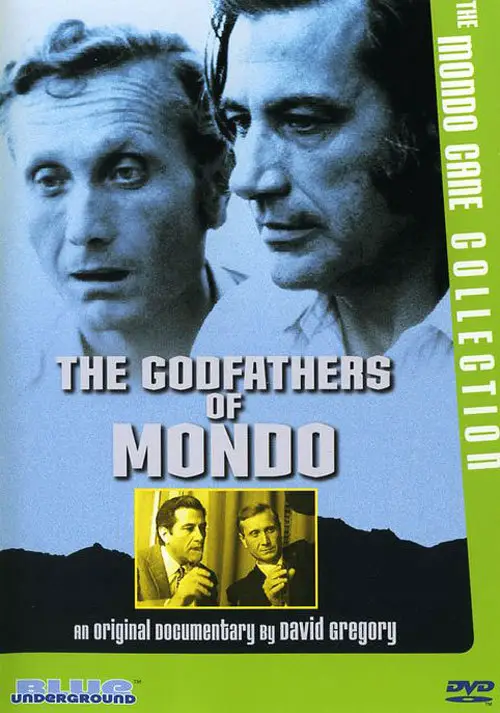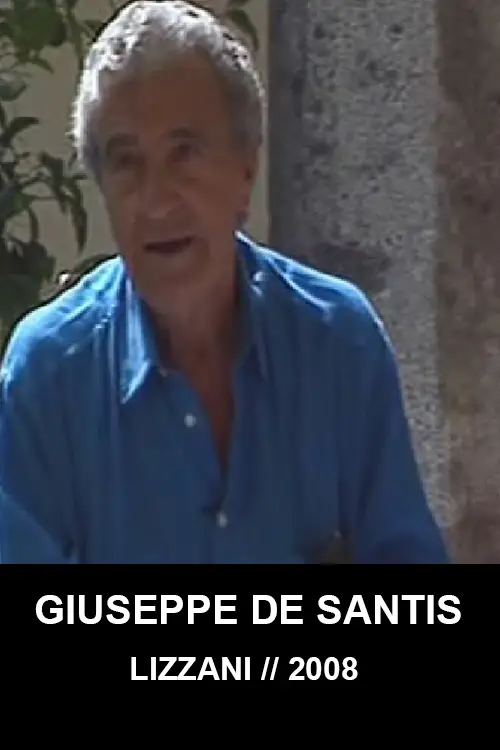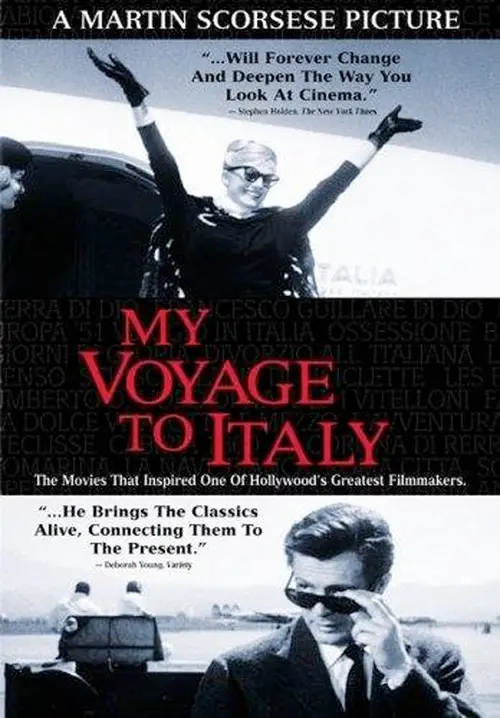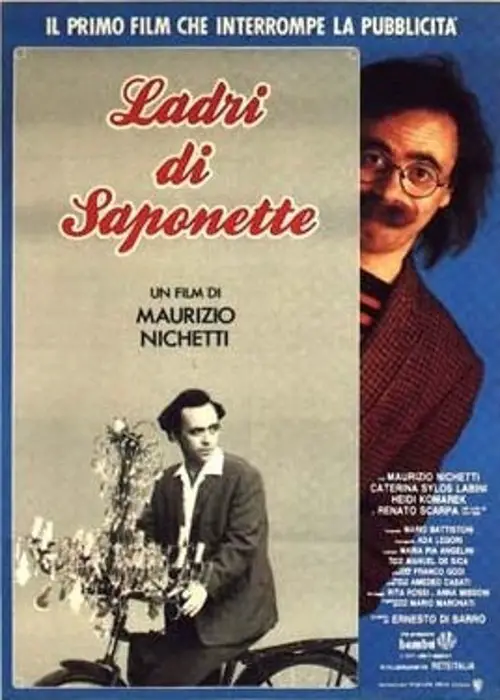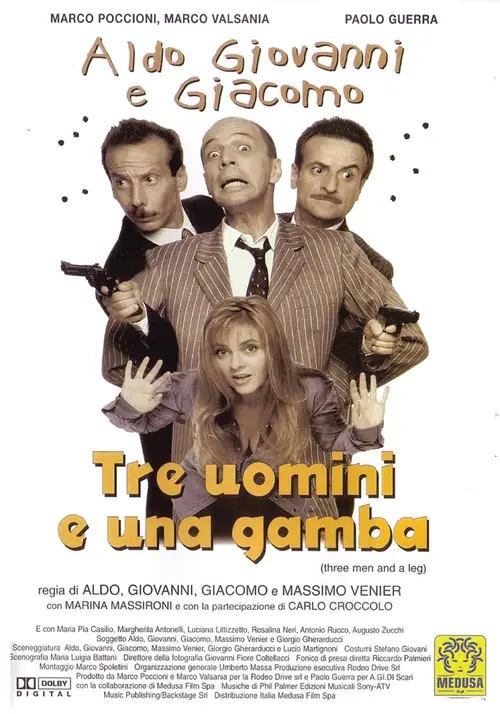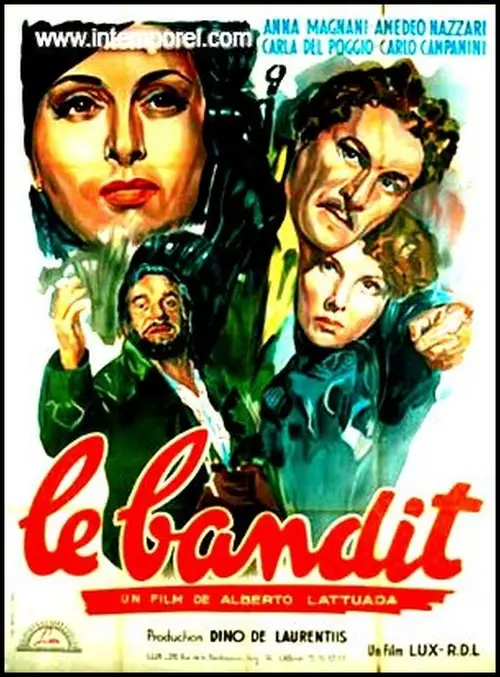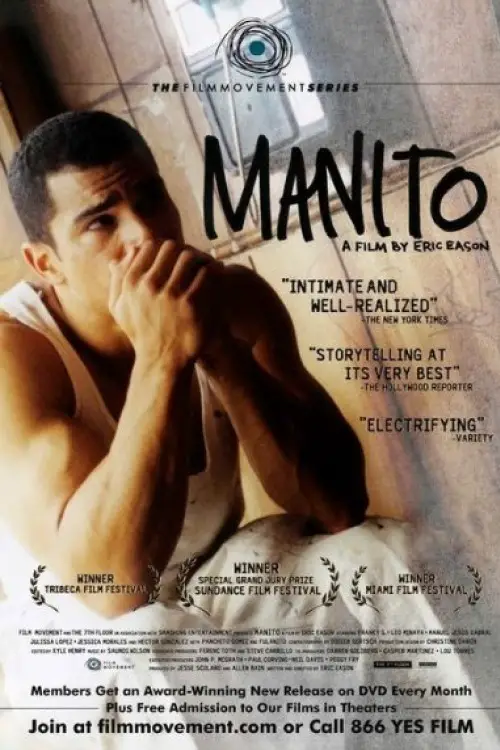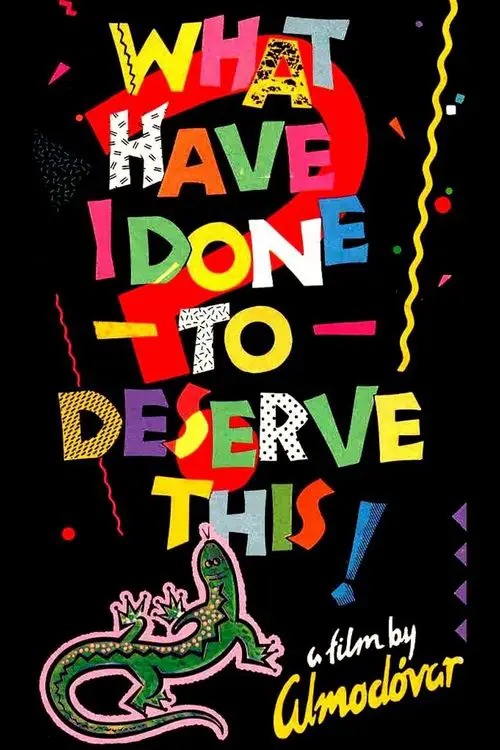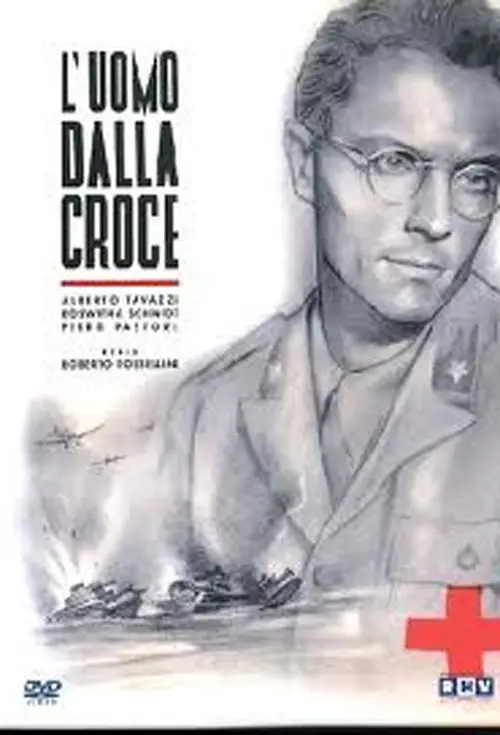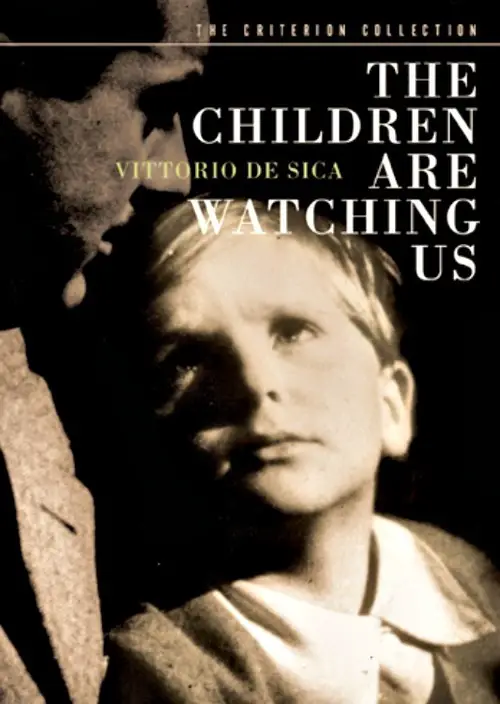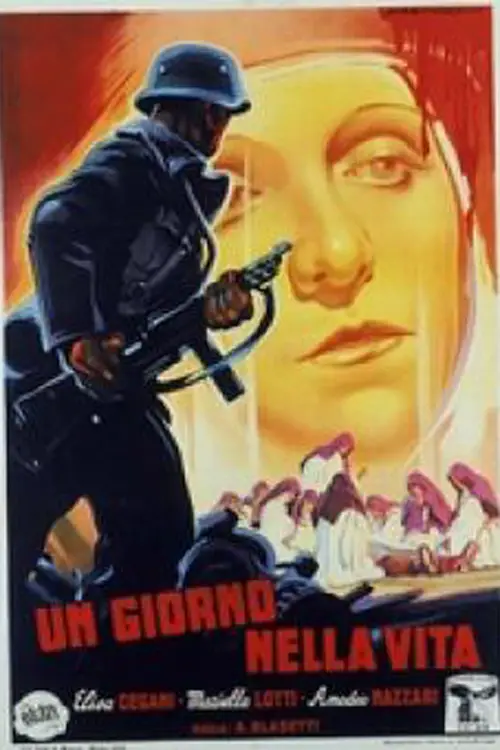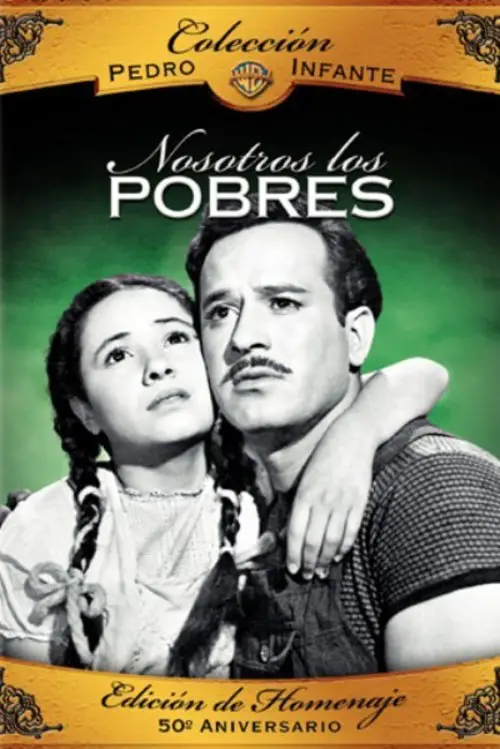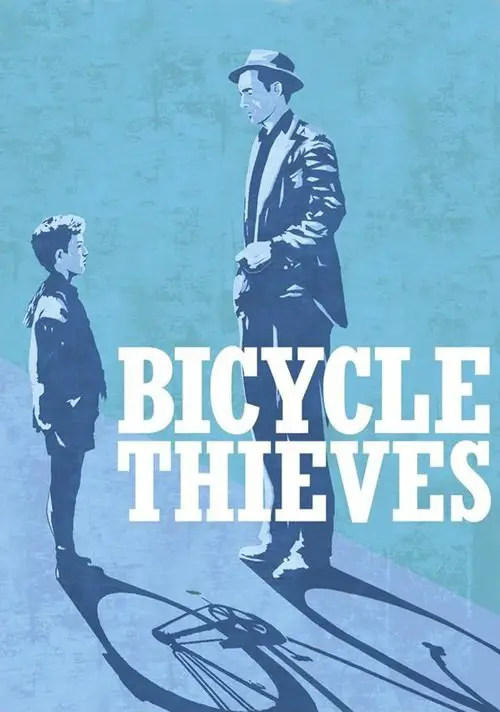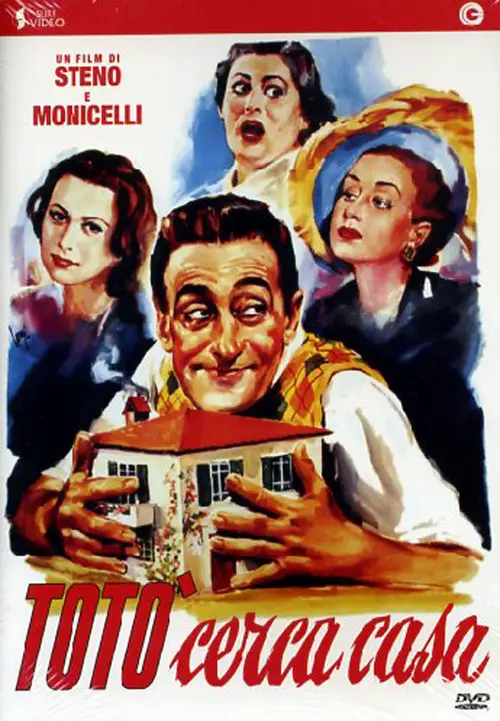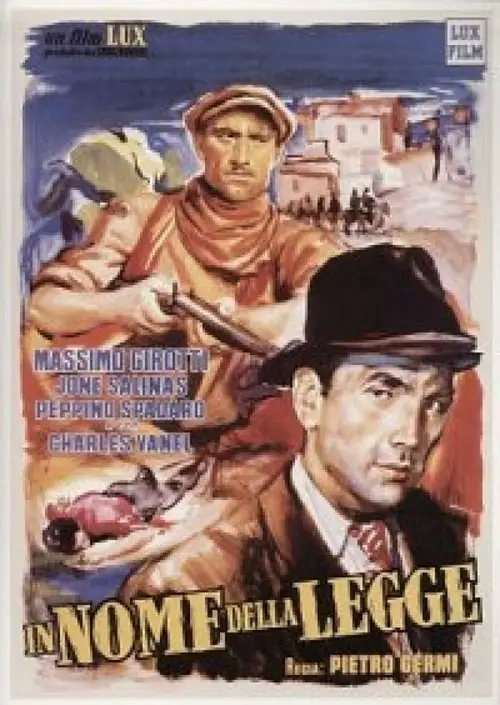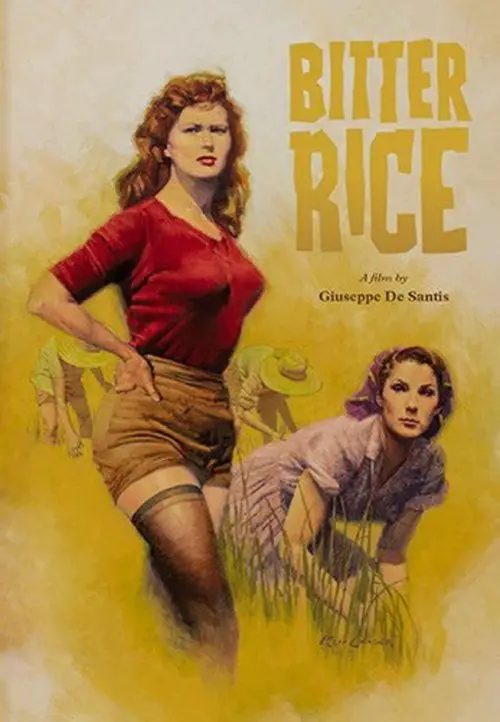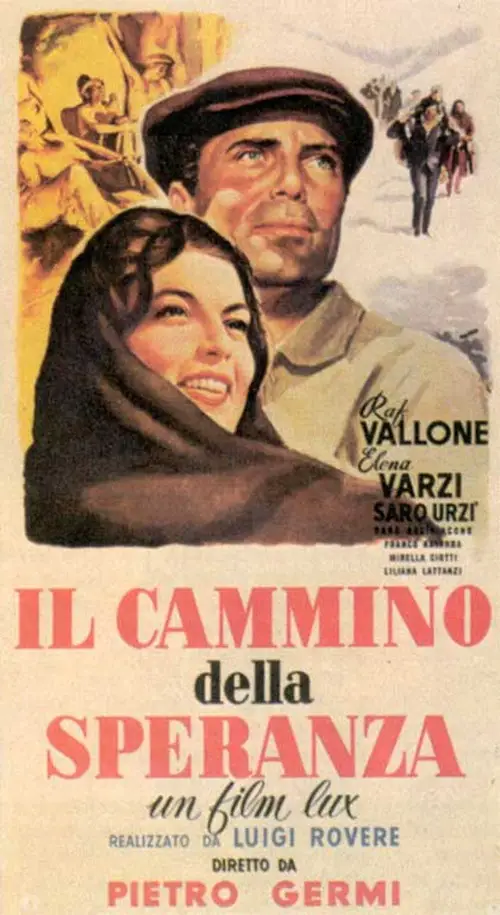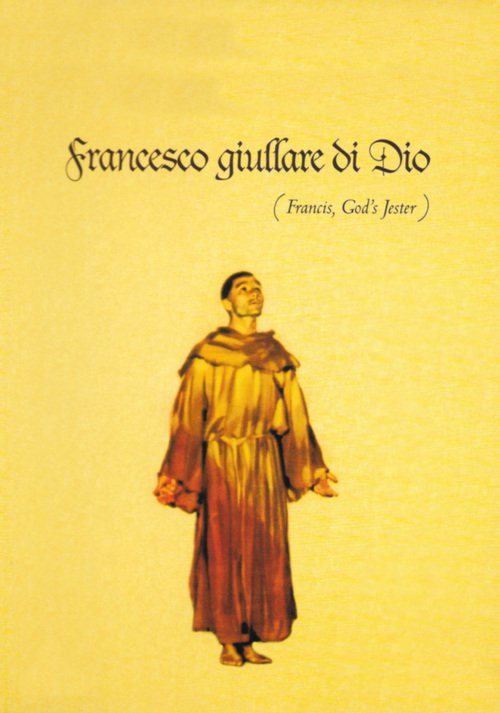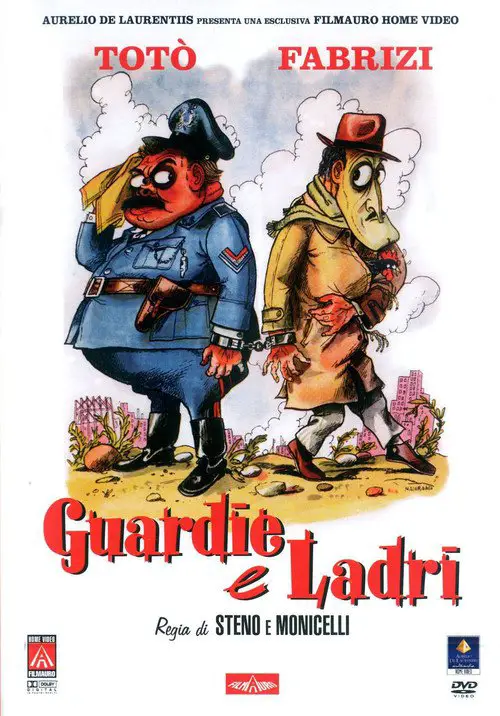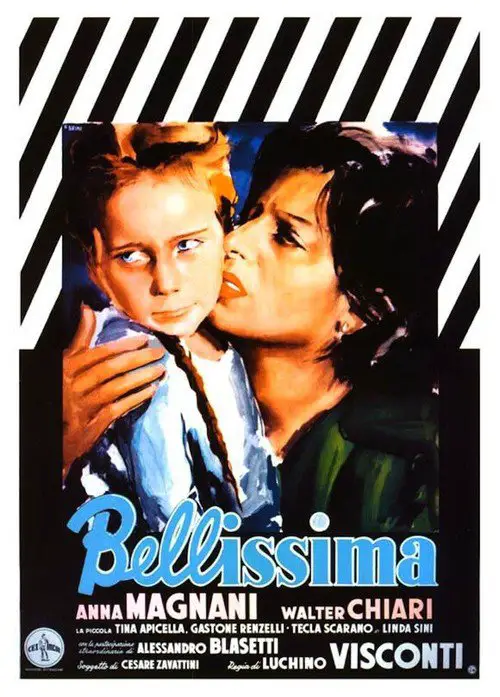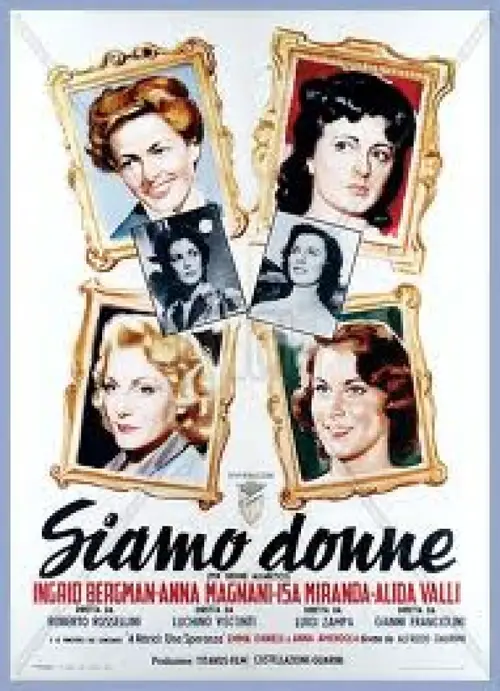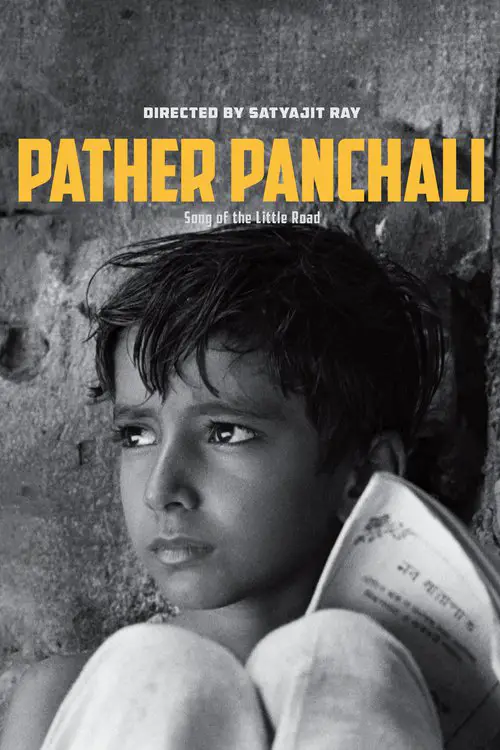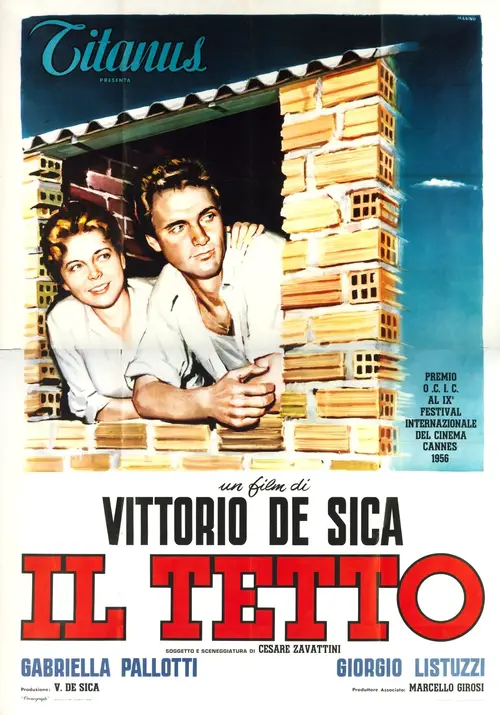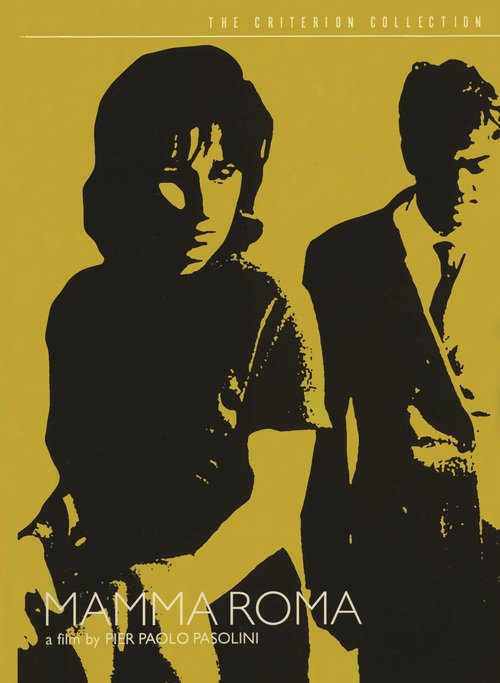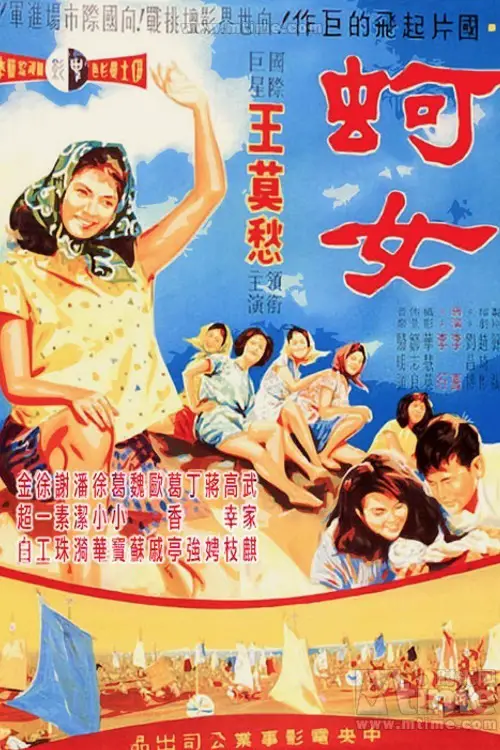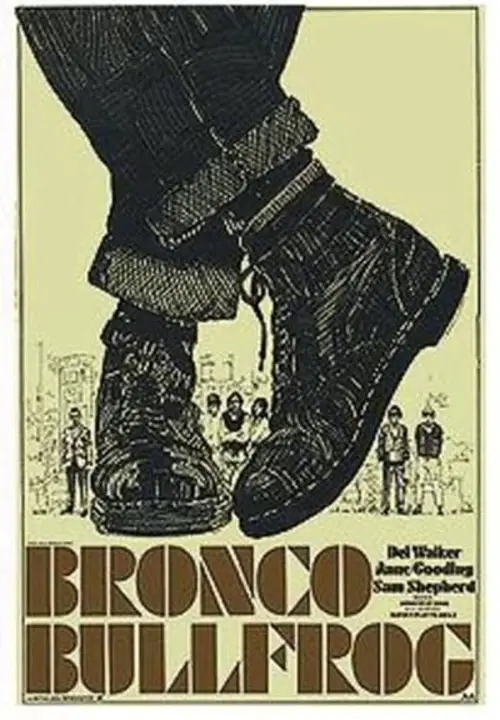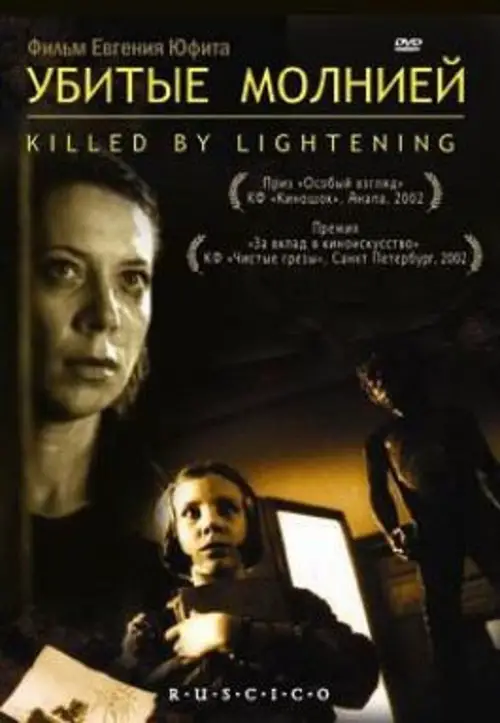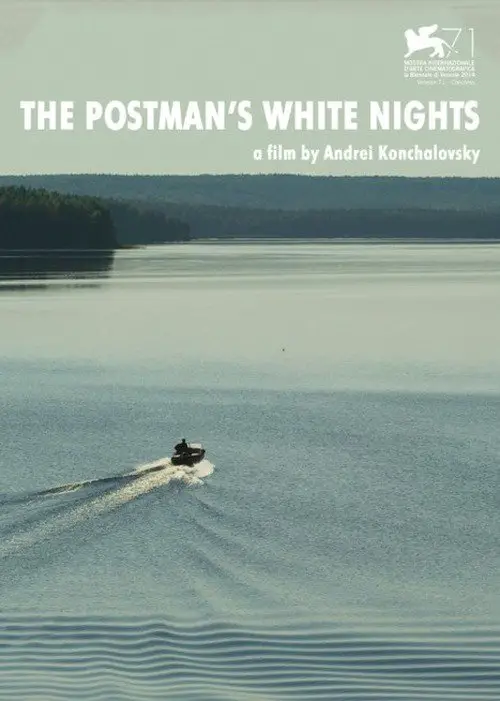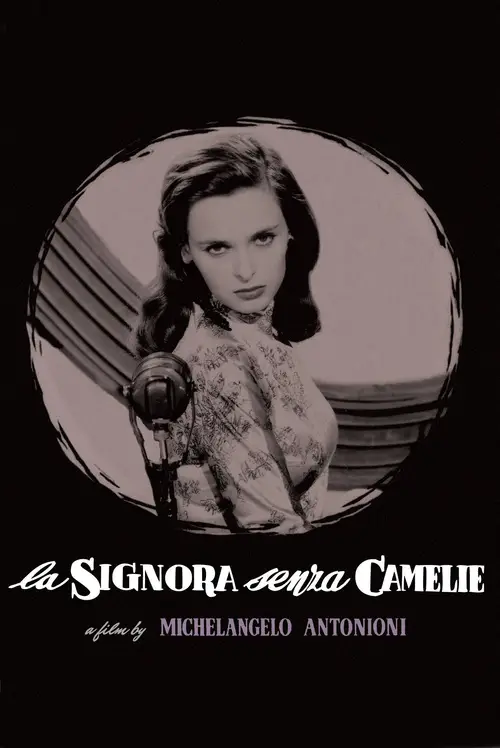We Weren't Just Bicycle Thieves: Neorealism (2013)
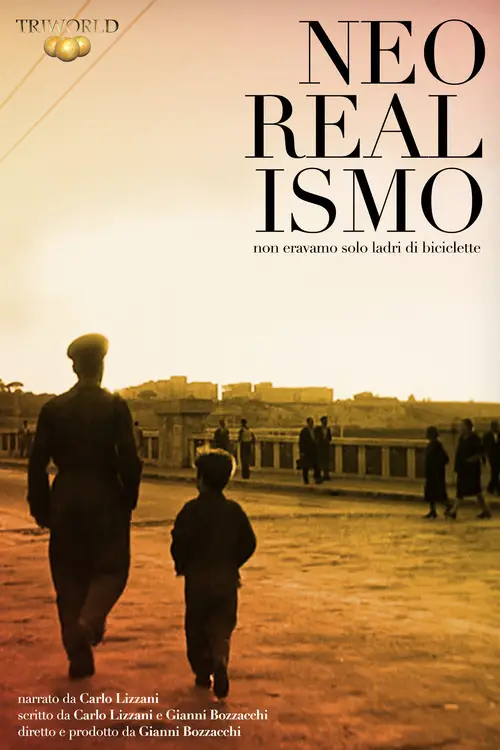
Similar movies
"I saw these movies. They had a powerful effect on me. You should see them." That's Martin Scorsese's message for this documentary. We meet his family on Elizabeth Street in New York; he's a third generation Italian with Sicilian roots. Starting in 1949, they watched movies on TV as well as in theaters, lots of Italian imports. Scorsese, with his narration giving a personal as well as a public context, shows extended clips of these movies. Films of Rossellini and De Sica fill part one; those of Visconti, Fellini, and Antonioni comprise part two. Scorsese takes time with emotion, style, staging, technique, political context, and cinematic influence. It's his movie family.
The director Maurizio Nichetti is invited by a TV studio to introduce a screening of his best-known film, the neo-realist classic 'Ladri di saponette'. But Nichetti is horrified to discover that his black-and-white tale of life in poverty is constantly interrupted by garish colour commercials, and even more horrified when a power cut in the studio causes film and commercials to be mixed up -a glamorous model finds herself in the arms of an unemployed pauper, while his wife finds herself in consumer heaven. So Nichetti has to break into the film to try to sort everything out
Three friends leave Milan by car heading south. Two of them are married to two sisters, the third one is going to marry the third sister. The marriage is going to take place in the villa of their vulgar but very rich father in law. They are also bringing him a work of modern art: a wooden leg worth millions even if it doesn't look like it.
Fifteen years ago, their Washington Heights neighborhood was dubbed the crack-cocaine capital of the world, but today it is transforming into one of the most vibrant, Spanish-speaking communities in the United States. While the drug dealers continue to disappear, their violent legacy still casts a shadow over the neighborhood and its residents. Junior, an ex-convict struggling to get his life back on track, is a product of this legacy. His younger brother Manny, the salutatorian of his high school class, embodies the hope of the future. On the night of his graduation party, Manny finds himself faced with an ill-fated decision that could change his life forever
The film follows a four-year old boy named Prico as he becomes the subject of emotional folly by his fluctuant parents and inattentive relatives. In his first collaboration with renowned screenwriter and longtime partner Cesare Zavattini, Vittorio De Sica examines the cataclysmic consequences of adult folly on an innocent child. Heralding the pairâs subsequent work on some of the masterpieces of Italian neorealism, The Children Are Watching Us is a vivid, deeply humane portrait of a familyâs disintegration.
Two kids take a book from a trash can. They begin to read the story of a poor neighborhood in Mexico City. Carpenter Pepe "El Toro" (Infante) lives with his daughter Chachita (Munoz) and woos pretty "Chorreada" (Pavon). Around them, a group of fellows live their lives in many ways: a pair of always-drunk women known as "La Tostada" (The Toast) and "La Guayaba" (The Guava); a beautiful woman (Jurado) who always oversleeps; a hooker with pneumonia (La Tisica) with a dark past. Tragedy comes when Pepe is falsely accused of robbery and sent to the jail.
Antonio, an unemployed man in the depressed post-WWII economy of Italy, at last finds a good job hanging up posters, the only requirement for which is that he must have his own bicycle. When Antonio's bicycle is stolen, he and his son are forced to walk the streets of Rome in search of it, or else face ruin.
Francesca and Walter are two-bit criminals in Northern Italy, and, in an effort to avoid the police, Francesca joins a group of women rice workers. She meets the voluptuous peasant rice worker, Silvana, and the soon-to-be-discharged soldier, Marco. Walter follows her to the rice fields, and the four characters become involved in a complex plot involving robbery, love, and murder.
Sometime in the early years of the century, a boy, Apu, is born to a poor Brahmin family in a village in Bengal. The father, a poet and priest, cannot earn enough to keep his family going. Apu's sister, Durga, is forever stealing guavas from the neighbour's orchards. All these add to the daily struggles of the mother's life, notwithstanding her constant bickering with old aunt who lives with the family.
After many years working in the streets of Roma, the middle-age whore Mamma Roma (Anna Magnani) saves money to buy an upper class apartment, a fruit stand and retires from the prostitution. She brings her teenage son Ettore (Ettore Garofolo), who was raised alone in the country, to live with her, and Ettore becomes her pride and joy. However, the boy that does not want to study or work, joins to idle friends, has a crush on a bitch, and Mamma Roma uses her best but limited efforts to straight Ettore and make him an honest man. However, her past haunts her with tragic consequences.
OYSTER GIRL is a key film in Taiwanese film history, representing both the 1960s revival of the Mandarin-language film industry and the arrival of a new genre known as "healthy realism," which borrowed Italian neorealism's use of real locations and working-class characters but toned down the social criticism in favor of positive messages. Oyster-gatherer Ah-lan (like her catch, she is hard-shelled but tender inside) is in love with the often-absent fisherman Chin-shui, but a bout of premarital sex leaves her pregnant and vulnerable to malicious gossip. The first color film by Taiwanese filmmakers, OYSTER GIRL's picturesque delights include a free-for-all catfight in the surf and stunning shots of the oyster girls pushing their sail-borne baskets across the golden strand.
An anthropologist investigates the origins of human evolution. She had suffered a mental trauma during her childhood when her father, a submarine captain, died during the war. This trauma periodically destabilizes her condition. The ghosts of a prehistoric past and a violent death collide in the subconsciousness of the scientist to give birth to an unexpected theory of the origins of human beings.
Raimunda (Penélope Cruz) works and lives Madrid with her husband Paco and daughter Paula. Her sister Sole (Lola Dueñas) lives nearby and they both miss their mother Irene (Carmen Maura), who died several years ago in a house fire along with their father. A former neighbor from their hometown reports that she has seen the ghost of Irene and both daughters do not believe her. After a murder and a family tragedy, Irene's spirit materializes around her daughters to help comfort them.
Filmed during his nationwide sell-out tour, Lee Mack Live is the long awaited first DVD from one of Britainâs finest stand-ups. After his multi award-winning contribution to BBC 1âs Not Going Out, and as team captain on Would I Lie to You? Lee's energy, finely crafted one-liners and razor sharp ad-libs are quickly propelling him into one of the UK's most recognisable and celebrated comics.
The film represents life in a godforsaken Russian village. The only way to reach the mainland is to cross the lake by boat and a postman became the only connection with the outside world. A reserved community has been set up here. Despite the modern technologies and a spaceport nearby the people of the village live the way they would in the Neolithic Era. There is neither government nor social services or jobs. The postman's beloved woman escapes the village life and moves to the city. Postman's outboard engine gets stolen and he can no longer deliver mail. His normal pattern of life is disrupted. The postman makes a decision to leave for the city too but returns before long with no certain reason. The script is based on real characters' stories. People from the village play their own parts in the film. The search for the protagonist lasted for over a year.
© Valossa 2015–2026
| Privacy Policy
